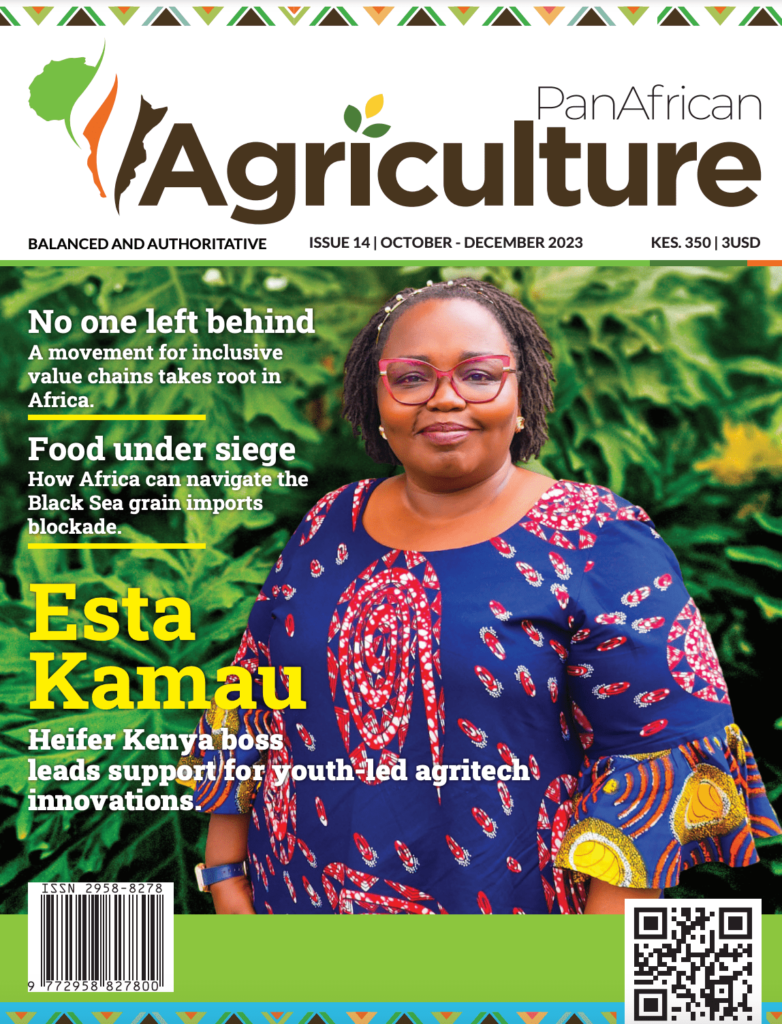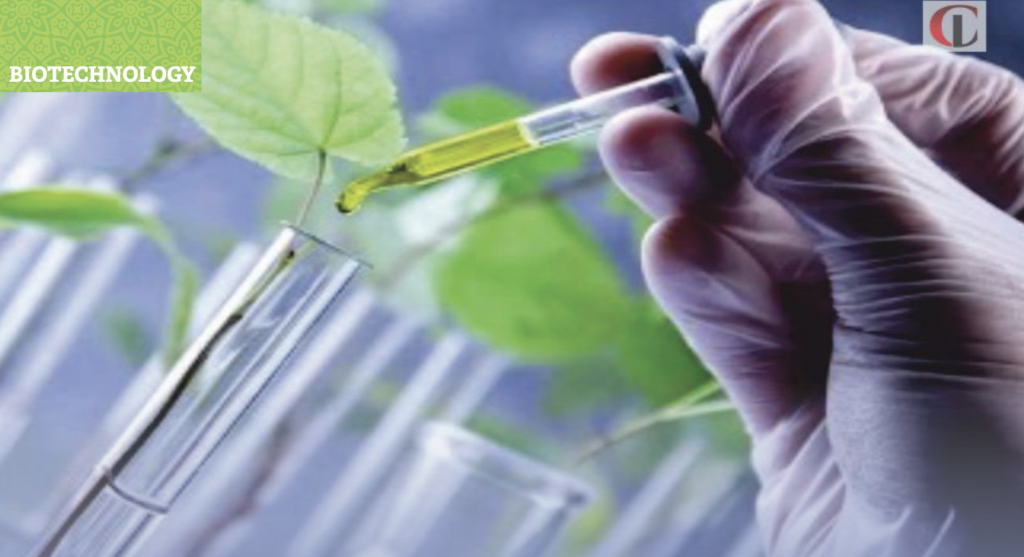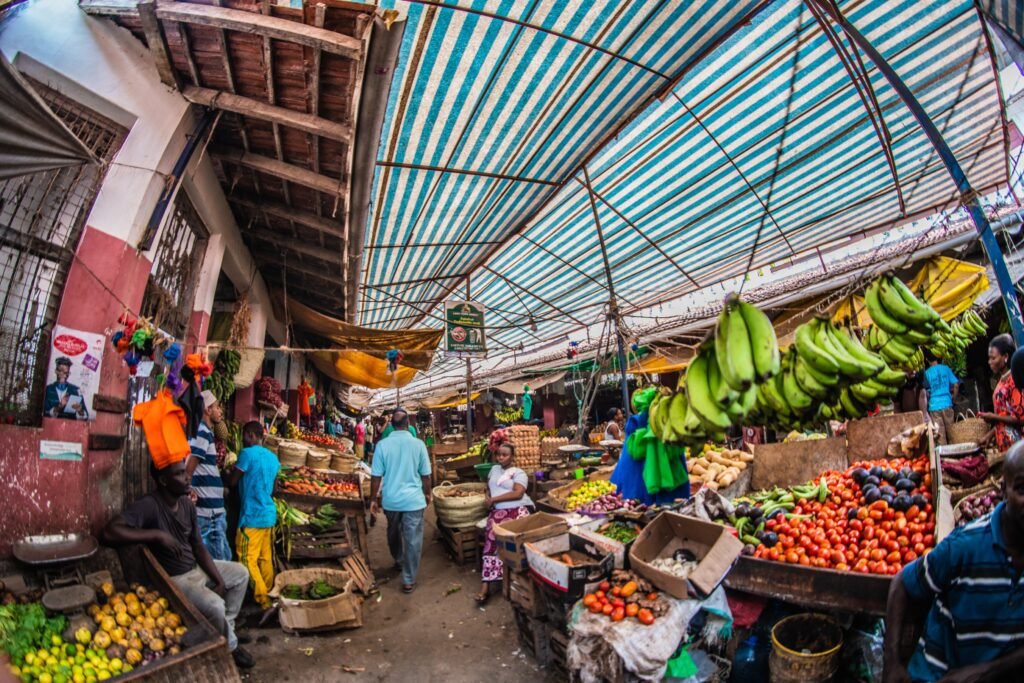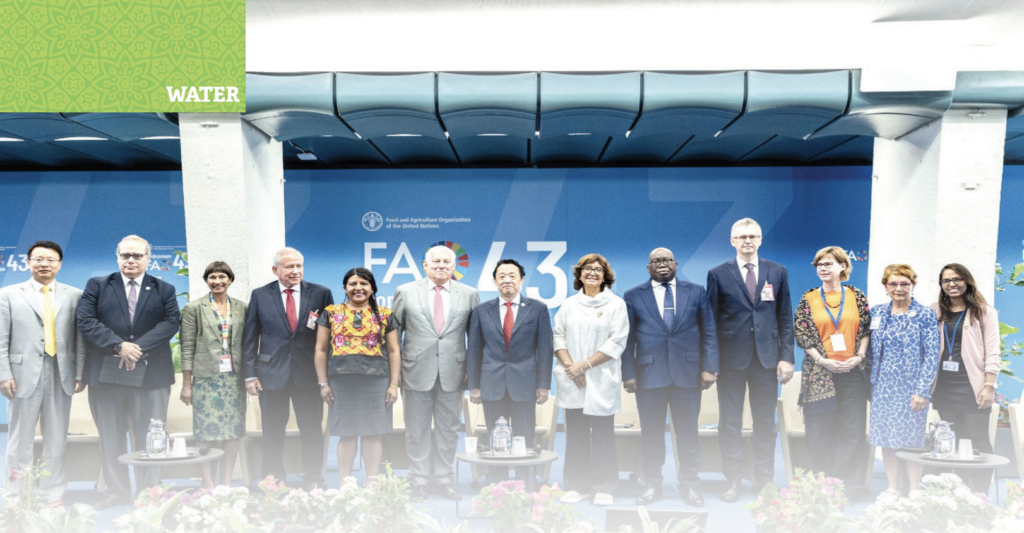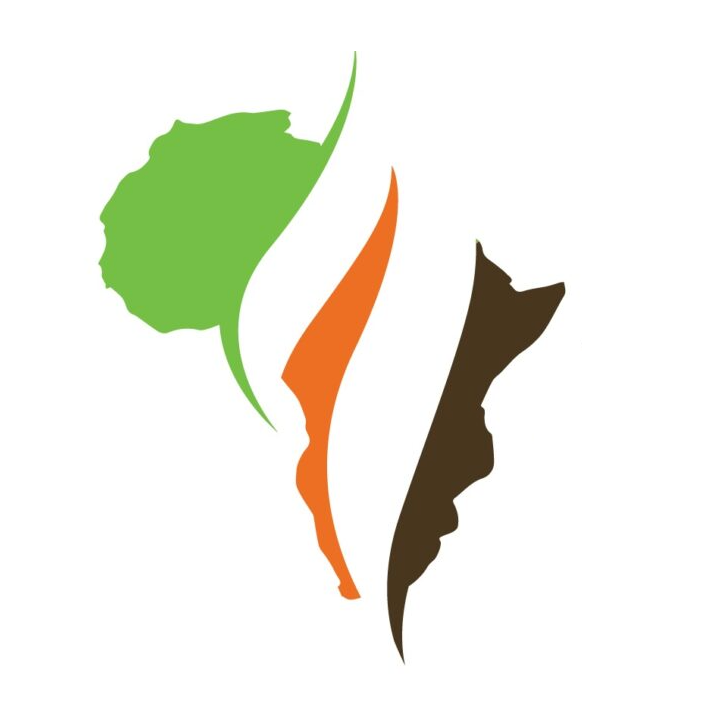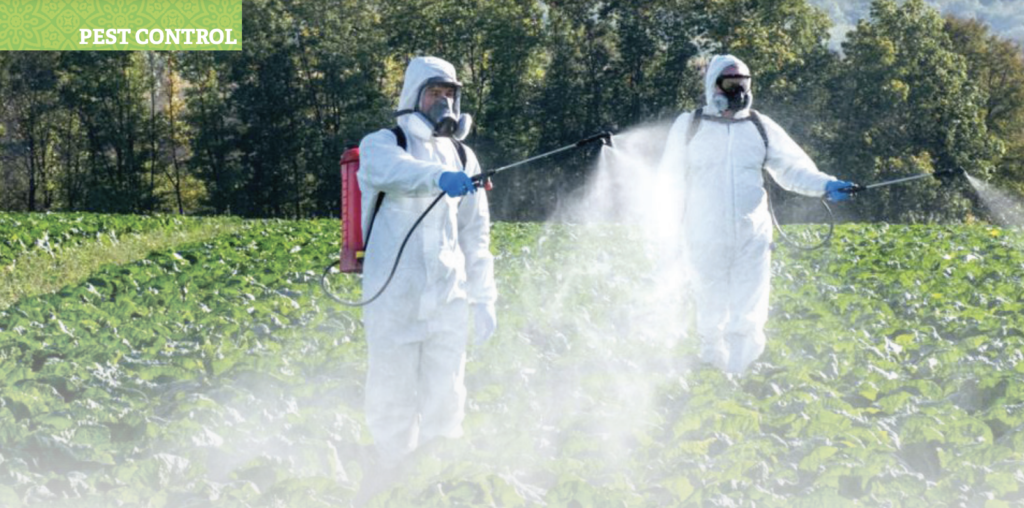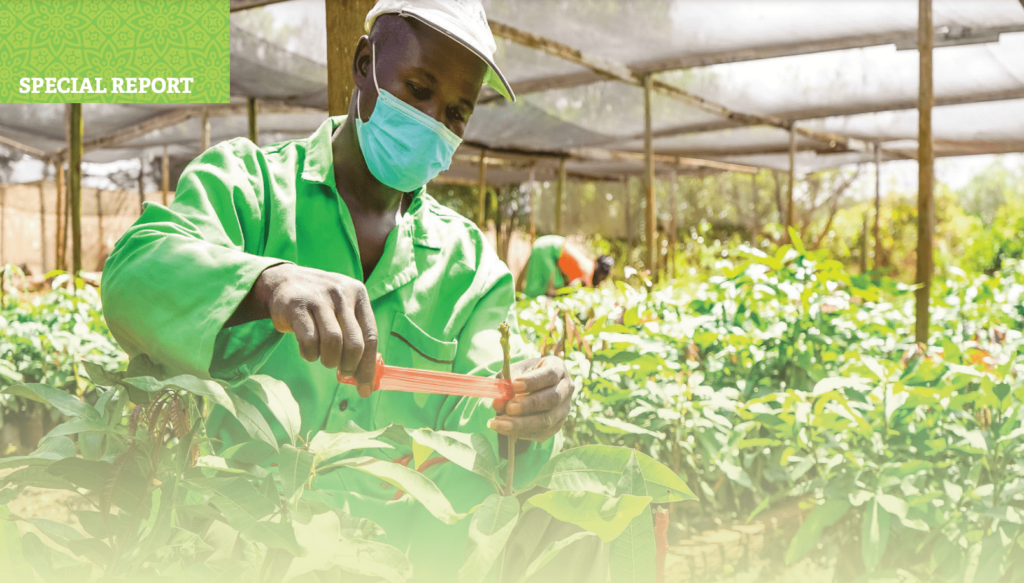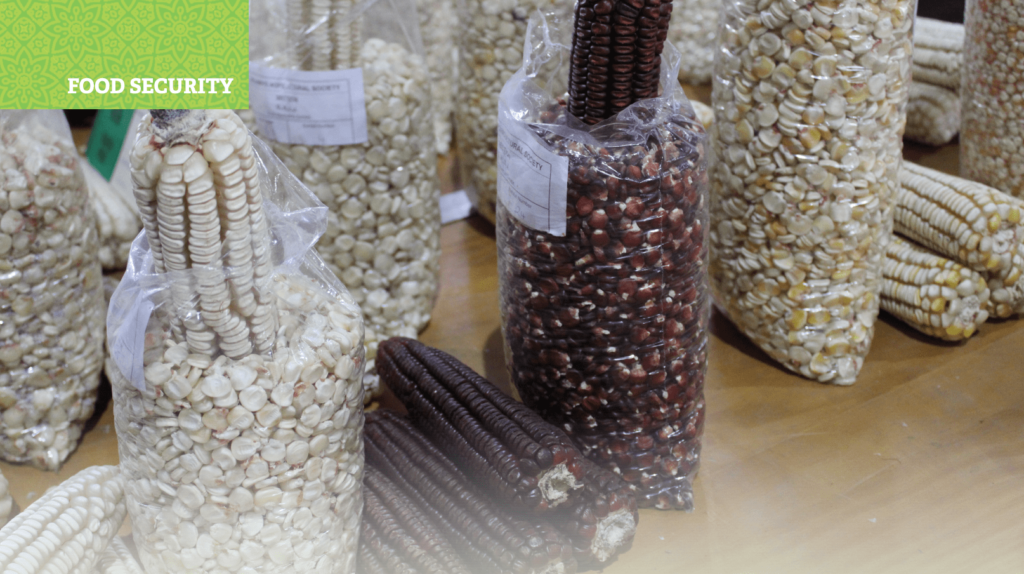Voices urging the continent to build back better food systems have got even louder in the wake of the current food shortages and high food prices related to the disruption of global supply chains by the Russia-Ukraine war, climate change, inflation and weakening currencies.
Resolutions at Africa’s Food Systems Forum 2023 Summit in Dar es Salaam in September urged urgent action to accelerate food systems transformation through better policies, practices and investments. But experts have warned that the dream transformation won’t be realised unless the agricultural value chains are made more inclusive for smallholder farmers, including critical groups such as women, youth and agri-SMEs.
Despite accounting for more than 70 percent of the food production in the sub-Saharan Africa, for example, the smallholders who typically farm on less than two hectares, have been condemned to low productivity and low incomes because they often lack access to farm inputs, finance and markets for their products. To keep this important conversation on the need to leave no one behind going, our special report in this edition of PanAfrican Agriculture focuses on building inclusive value chains.
Our writers in different parts of the continent visited the fields to watch the struggles of smallholder farmers up close, but they also found quite a number of champions for inclusive value chains out there. In Senegal, for example, a FAO-backed digital inclusion project is providing farmers with real-time information on weather forecasts, best agricultural practices, livestock care, market prices, health and nutrition directly from specially developed applications on their cell phones.
From neighbouring Cameroon, we bring you the story of a loan assistance programme by a local NGO that has enabled a group of fruit farmers, who were evicted from their land to give way for a private plantation, to undertake value addition and supply branded dried fruits to the supermarkets. In Kenya, Keitt Exporters, a fresh produce export company, has signed contracts with about 7,000 smallholder avocado farmers under which it collects the produce and pays for deliveries within 48 hours, reducing post-harvest losses and sparing them from exploitation by middlemen.
For our Q&A section, we sat down with Esta Kamau, the Heifer Kenya Country Director, to discuss the organisation’s programme that is helping youth-led agritech enterprises to access the capital they need to scale up their innovations and grow their businesses.
We welcome you to read these plus other stories.
Enjoy

